
views
Mumbai: It is 5 p.m. and Rima Chakravorty has not eaten her lunch. Dressed in a shiny pink and green dress with gauze and sequins, her face heavy with make-up, the 14 year-old sidles up to her father and complains that she is hungry and feeling feverish.
Rima has just finished a gruelling shoot for an Indian song-based reality TV show, and will soon change her outfit to sing again in front of a panel of judges and a studio audience during filming that will last for five to six hours.
Urged on by her father, Rima is one of the many child stars fuelling India's reality TV boom, from singing shows to dancing competitions and even comedy shows for kids, all aired on prime-time TV to eager audiences that are lapping it up.
"Kids' reality shows are one of our most successful formats," says Ashish Golwalkar of Zee TV, one of India's top channels.
"In middle-class India, kids are the ones driving most family decisions, and they are the ones ensuring that the whole family comes together and watches these shows."
Riding a Western-led shift towards reality TV and reflecting social changes in India's booming economy, the popular format provides a break from the regular diet of family melodrama and scheming in-laws that is the staple of Indian daily television.
Rima is one of 18 under-15-year-olds in the fourth season of Zee's Sa Re Ga Ma Pa Li'l Champs show. With two contestants eliminated each week, the winner gets a contract with Zee, and will perform at concerts with promotion on national TV.
"I can tell you one thing, once a child wins our show, or gets noticed on it, his life will change forever," says Pankaj Bagrecha, who handles the talent management division of Zee.
For Rima, who hails from Behrampur, a small town in India's impoverished West Bengal state, this is a ticket out of her small-town existence and a shot at fame and fortune.
Her father, Anup Chakravarty, has left his small sweet shop in the town to support his daughter during the three months of filming in Mumbai, over 1,200 miles (1,930 kilometres) away.
"I don't have a choice, I have to do this for my child. This is her last chance at this show, because in September she will cross the age limit," said Chakravorty, who has asked Rina's teachers for permission to miss out on this school year.
"It's better she concentrates on singing," he says.
With around 50,000 children auditioning for the show, he is not alone in his ambitions for his daughter.
"Eighty percent of the parents who bring their kids on the show think their kid is the next star. We have a hard time telling them that isn't so," says Bagrecha.
On Zee's set, only one of the 18 contestants hails from Mumbai, with the rest having travelled from small towns across the country. Many are trying again after being rejected before.
"Everyone in this country knows you, there are posters of you all over the place. You have to live up to that name now," singer Kailash Kher, one of the judges on the show, reminds a participant after a lacklustre performance.
For the winner, national stardom beckons. Saloni Daini is ten, and has already won several reality shows. This chubby-faced comedienne gets at least five to six offers a day to perform at private parties, corporate events and even weddings.
"But we've taken a break this year. I don't want her to do this at the cost of her schooling," says her mother Sanyogita, a clinical psychologist.
With her own fan club on social networking site Facebook, Saloni is a TV star in her own right. She was discovered at an audition for Chhote Miyan (Little Master), a reality show on TV channel Colors that pitted young comedians against each other.
"Everyone wants to see the transition from a nobody to a somebody in front of their eyes. Why else would you watch such shows?" asks Golwalkar.













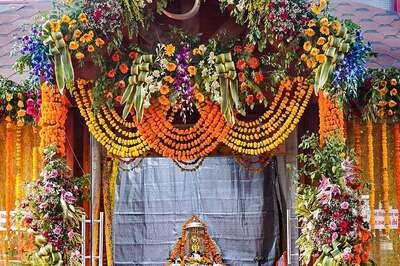
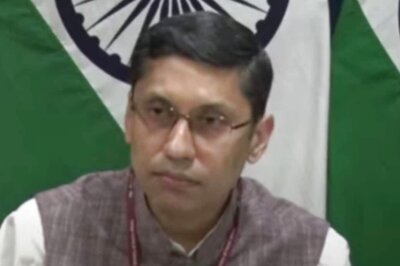

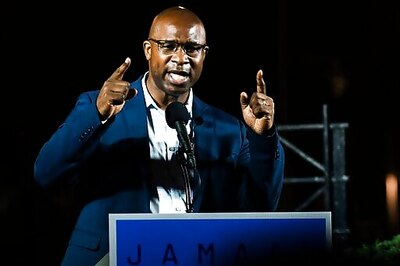
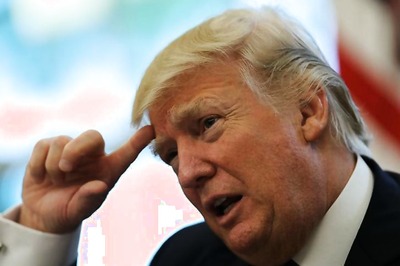
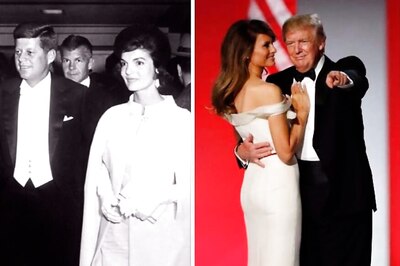
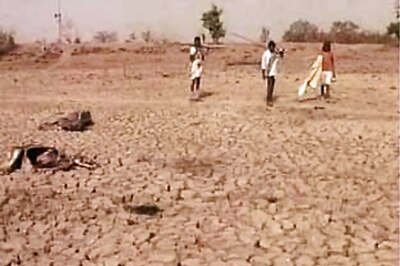
Comments
0 comment